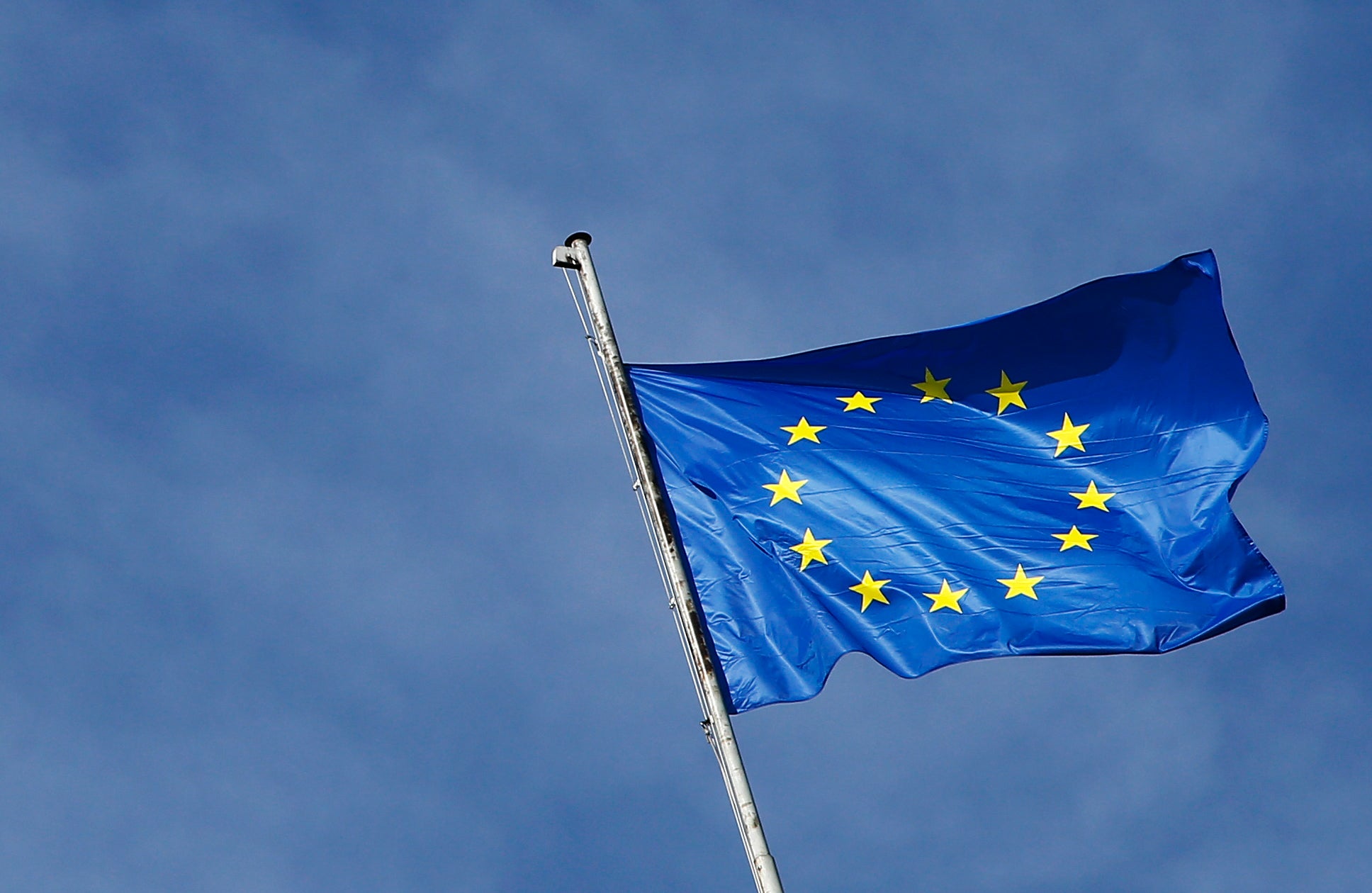Support for EU membership 'at highest level since 1991' with most Brits wanting to stay 'in'
Despite Ukip's rise in popularity, new research by IpsosMori found 56 per cent of British adults want to stay within the EU - though they still do want the relationship to change

Ukip’s recent clean-up at the European Elections, the swipes it seems to be making on the foundations of the Conservative Party and its clear populist style has, it appears, not made a dent in the level of support Britons have for EU membership.
In fact, new research by IpsosMori suggests that support for the European Union (EU) has grown and is at its highest since 1991, shattering perceptions that the UK is edging closer towards a swift exit from the single market.
The sample group had been asked which way they would vote should a referendum on EU membership be offered to them now.
Fifty-six per cent said they would stay in the EU – up from 44 per cent in 2012.
Thirty-six per cent said they would ‘get out’ – down from 48 per cent in 2012, while eight per cent said they didn’t know which way they would sway.
Researchers had surveyed 1,002 adults in Britain between 11-14 October.
However, Ukip’s oft-repeated mantra that more powers need to be taken from Brussels and giving back to Britain, is a chord that appears to have struck with the electorate, despite their desire in still wanting to be part of the Union.
When it comes to Britain’s future relationship with the EU, the preferred direction was considered, by 34 per cent of those surveyed, to be the country’s return “to being part of an economic community, without political links”.
Twenty-nine said it wanted “Britain's relationship with Europe remaining broadly the same as at present”, while 17 per cent said it would want “Britain leaving the European Union altogether”.
Fourteen per cent said “Britain and other member states of the European Union” should move “towards closer political and economic integration”.
Gideon Skinner, Head of Political Research at Ipsos MORI said: “With the debate about Britain’s relationship with the EU a hot topic right now, our poll shows support for Britain’s membership is up significantly since the depths of the Eurozone debt crisis in 2011 – although that does not mean that the public simply want the relationship to stay the same.
“There is a polarisation in views - UKIP supporters are twice as likely to say Europe is going to be important to their vote in the next election (although it is still some way behind immigration) and are much more sceptical, while supporters of the other parties put the issue lower down on their list and are more in favour of membership.”
As IpsosMori points out, as Ukip has ascended in popularity, gaining 13 percentage points in the polls, the number of people wishing to leave the EU has infact dropped by 12 per cent.
These results can be contrasted with a YouGov poll today published by The Times, which has shown that similarly, voters would choose to stay in the EU so long as an adequate amount of renegotiation has been done on our terms of membership.
According to the results, 55 per cent of people said they would stay in with 'major' changes to the EU-UK agreement, while 44 per cent said they would do with only 'modest' renegotiation.
If there is no change in Britain's relationship with the EU then this number slips to 36 per cent, trailing behind the 42 per cent which said it would vote to opt-out of the EU in that case.
IpsosMori 's researchers also looked at support for EU membership across the parties’ voters, finding that 51 per cent of those backing Conservatives want to stay in the EU, which climbs to 73 per cent of Labour voters and 82 per cent of Liberal Democrat supporters. This can be comparable with 11 per cent of Ukip voters.
In addition, support for staying in the EU is highest in London (66 per cent) and Scotland (60 per cent).
The Independent has contacted Ukip for comment.
Join our commenting forum
Join thought-provoking conversations, follow other Independent readers and see their replies
Comments
Bookmark popover
Removed from bookmarks